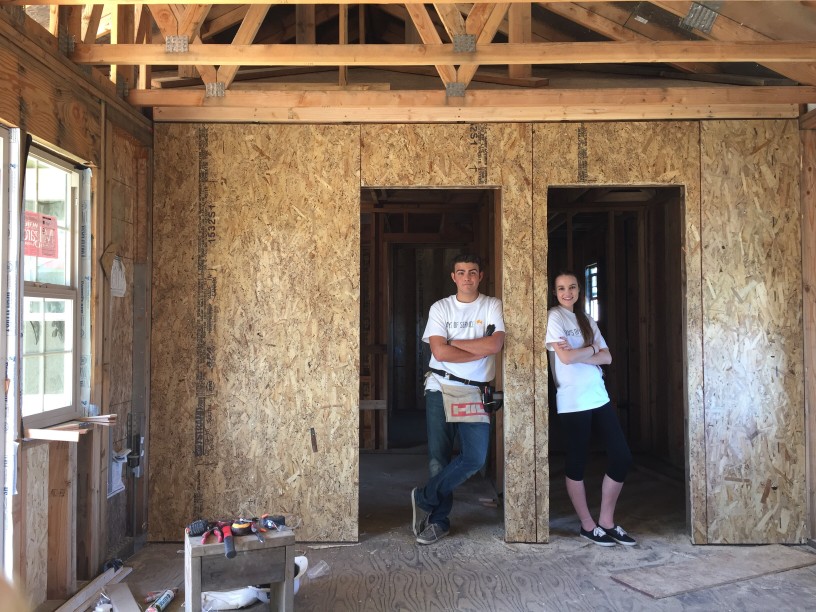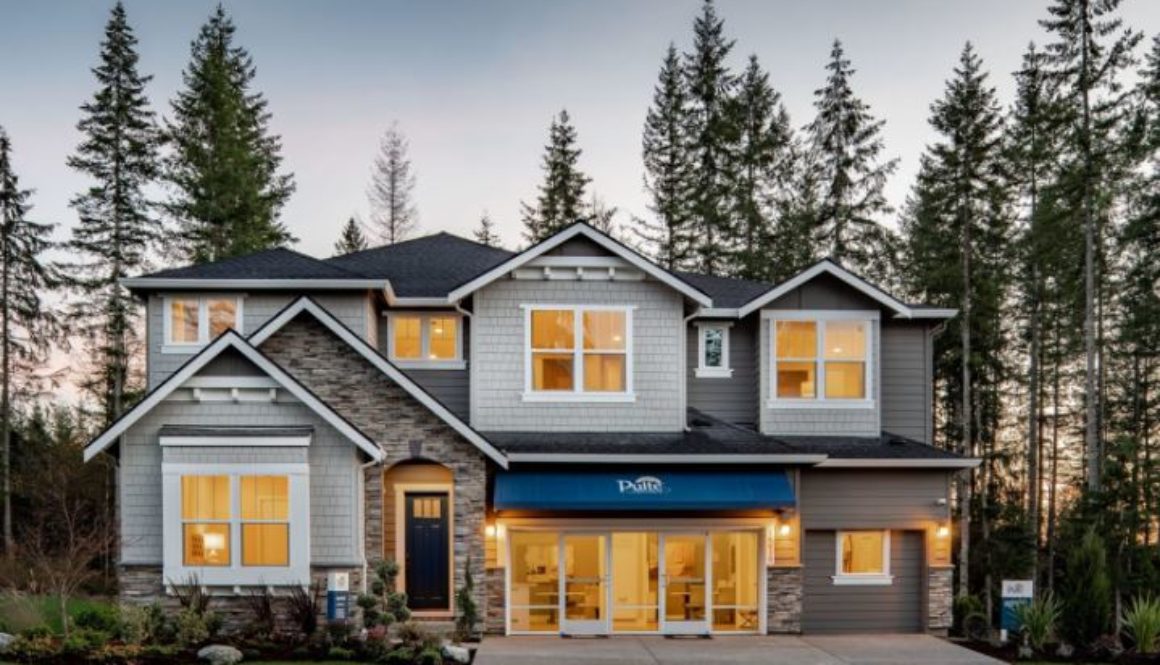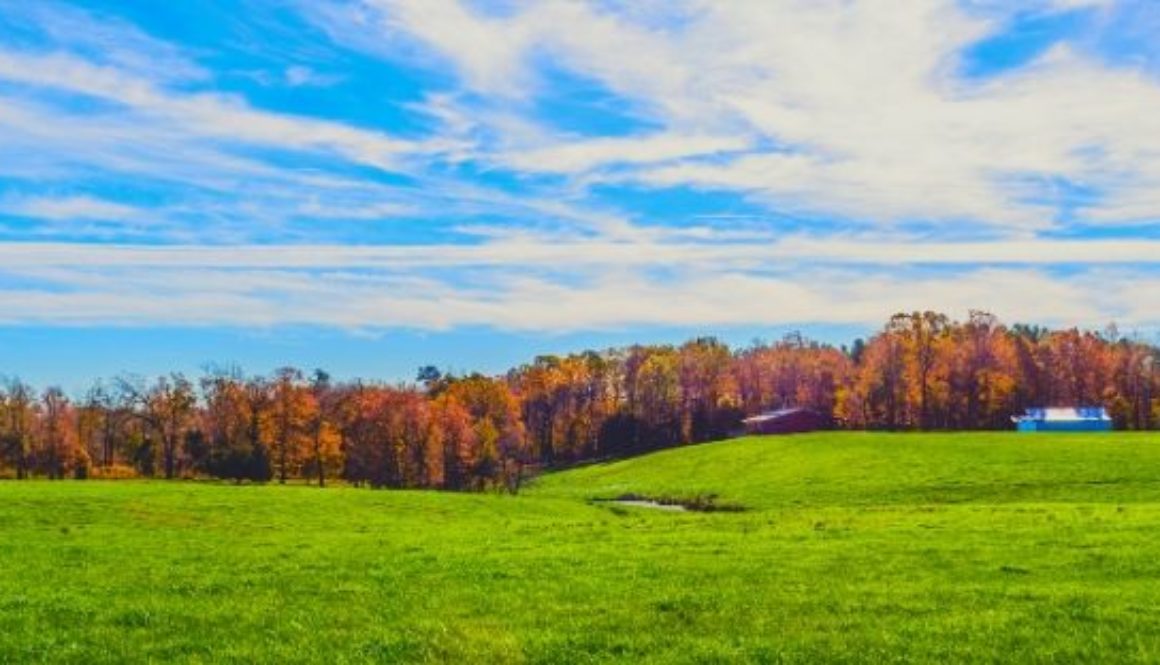How to Buy Vacant Land – Important Dos & Don’ts You Need to Know
On the surface, finding and buying a piece of vacant land sounds easier than buying or building a house. However, buying land can be tricky and time-consuming for many reasons.
Dos & Don’ts of Buying Vacant Land
Buying land can be a great investment — if you buy the right land at the right time. However, if you buy vacant land without doing your homework, it could result in a huge financial loss. Here is what you should (and should not) do to get it right.
DO: Work with a Real Estate Realtor
Look for real estate agents that have experience buying and selling vacant land. Create a list of questions for the Real estate agents.
Tell your real estate agent what you are looking for, the price you can afford and why you want to buy vacant land. A real estate agent would have a better understanding of what you are looking for. A good agent will educate you about the area and research what each parcel is zoned for and what it is worth.
The real estate agent will look and do research on each parcel of land that interests you.
Your agent will know what information to look for and where to find it and keep you informed about each parcel of land you are looking at.
DO: Understand Zoning Laws
Every town, city, and municipality have zoning laws that regulate what land can and cannot be used for. These laws protect every landowner and homeowner’s investment and ensure the area is growing in the right direction. It is important to understand zoning laws, so you buy land that is zoned for your desired purpose.
Working with a real estate agent, they will be able to quickly find out what a parcel of land is zoned for.
There are several different zoning classifications you must be familiar with when looking for vacant land.
Residential
Areas zoned residential allow single-family homes, apartments, condos, duplexes, trailer parks, and co-ops.
If you state your business at home, you may face some restrictions in residential zones. If you telecommute, you likely will not have a problem. However, customers that come to your home for business reasons or you employ staff, you might find yourself in violation. The rules regarding what’s allowed in a residential zone can vary significantly between cities, so it’s essential to contact your local planning and zoning office to see exactly what you can do on a parcel of land before you make an offer on it.
You might also face violations in a residential zone if you plan on keeping animals. Pets such as dogs and cats are not regulated in a residential zone. Other animals, such as chickens, sheep, cows, and rabbits, are often not allowed. Check the rules before you make an offer on land that is zoned residential.
How to Buy Farmland in Snohomish County
Mixed-Use Residential
Mixed-use residential, or mixed-use development, areas are a blend of residential and commercial buildings, often located within walking distance of a thriving downtown. Land that is zoned for mixed-use means the landowner can designate what they want the land used for: residential, commercial, or both.
In some cities, mixed-use might mean you can build a three-story building with commercial space on the ground floor and apartments above. Other cities restrict mixed-use to only include homes that have been turned into a small business, such as a three-bedroom home that is now a law office or hair salon.
Commercial
Land that is zoned commercial means you can build and operate a wide variety of businesses on it, including hotels, night clubs, restaurants, and retail. Commercial zoning has several restrictions and rules, depending on the city, which might include parking availability and the proximity of one type of business to another.
[button link=”https://snohomishland.com/contact/” type=”big” color=”green”] Start Your Consulation[/button]
Agricultural
Agricultural zoning is typically used in farming or rural areas to protect against high-density development. Land that is zoned agricultural has a large minimum lot size to ensure it cannot be sold to developers who want to build an industrial park or apartment community.
DON’T: Assume You will Get a Bank Loan
Many banks do not grant loan to buy land. If you get a loan, you might not be granted more than 50% of the land’s value.
Banks see land as a risky investment, especially if you plan to use it for unconventional living or working arrangements. If there is no house on it, then it is considered a red flag.
You can get a loan to buy land if you already have plans to build on it. This is called a construction loan, and it bundles the cost of the land with the estimated cost to build your home. In order to get a construction loan, you will need to present building plans to the lender, have an experienced builder already on hand, and have good credit.
You also must have a down payment.
More: How much money do you have to put down to buy land?
Raw Land vs. Finished Lot
The type of land you want to build influences the bank’s willingness to grant you a construction loan that includes the land cost. There are two classifications of land: raw and finished.
Undeveloped land untouched by any type of improvements, like a well, electric line, or septic system. These improvements can be expensive and time-consuming to install, so banks see raw land as a bigger risk.
A finished lot is land that already has some improvements. There might be a well and septic on the property or underground electric and water running up to a cleared house pad. Banks are typically more willing to grant construction loans that include a finished lot.
DO: Visit the Tax Assessor
Once you have picked out a piece of land you really love, your first stop should be the tax assessor’s office. This is where you will learn the estimated value of the land, as well as what you would be expected to pay for property taxes.
Does a neighbor have an easement running through the property? Are there local view ordinances that would prohibit a home with a second story?
All of this is information you need before you invest time and energy making an offer.
DO: Price the Neighborhood
Unless you are paying cash for everything, you need to spend some time looking at your neighbors. Even if you do not care who you live next to, the bank sure will.
If you are planning on building a home, you need to make sure the combined value of the land and your future home does not greatly exceed the value of surrounding homes. If it does, the bank will not grant you a construction home because you will end up losing money on your investment, which increases their risk.
DON’T: Assume a Drive-By Is Enough
You could find a beautiful 10-acre tract that seemed perfect when you drive-by. Check it out again the next day and spend some time on the property. You could Learn that your neighbors raise two or more dogs. As you started walking the property, the dogs are barking nonstop. You love dogs, but these were so loud there was no way we could live on that land and listen to them daily. That is why it is a good thing and Drive by and walk the land.
Spend as much time on the property as you legally can, looking and listening. Drive up and down the road several times a day, at different times, to experience what the traffic and noise levels are like. Look carefully at neighboring homes. Are they well-kept and in good condition?
DON’T: Immediately Introduce Yourself to the Neighbors
Do not introduce yourself to potential neighbors, especially if you are planning on building a home on the land. Some people like having empty lots next door because it means no neighbors to potentially bother them. If you tell them you are about to dig up that land to build a house. They might even try to block your plans however they can. Most people do not like change, so try to stay a stranger until you start construction.
DO: Conduct environment Testing
If you’re planning on building a home on vacant land that’s not hooked up to a municipal water and sewer system, Have do a percolation, or “perc,” test on the soil to make sure it can support a septic system.
The land you are looking at might seem untouched right now. However, there is no way to know what that land was used for 10 or 20 years ago.
A soil test will tell you exactly what is in the soil and what is not.
Final Word
Buying land is often more complicated than buying a home, especially if you are planning to build on it. There are lots of hurdles to jump through. You must understand zoning and restrictions and do a lot of research to make sure you will be able to build and use the land as you want.
More: Practical Advice for First Time Land Buyers




